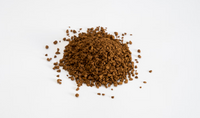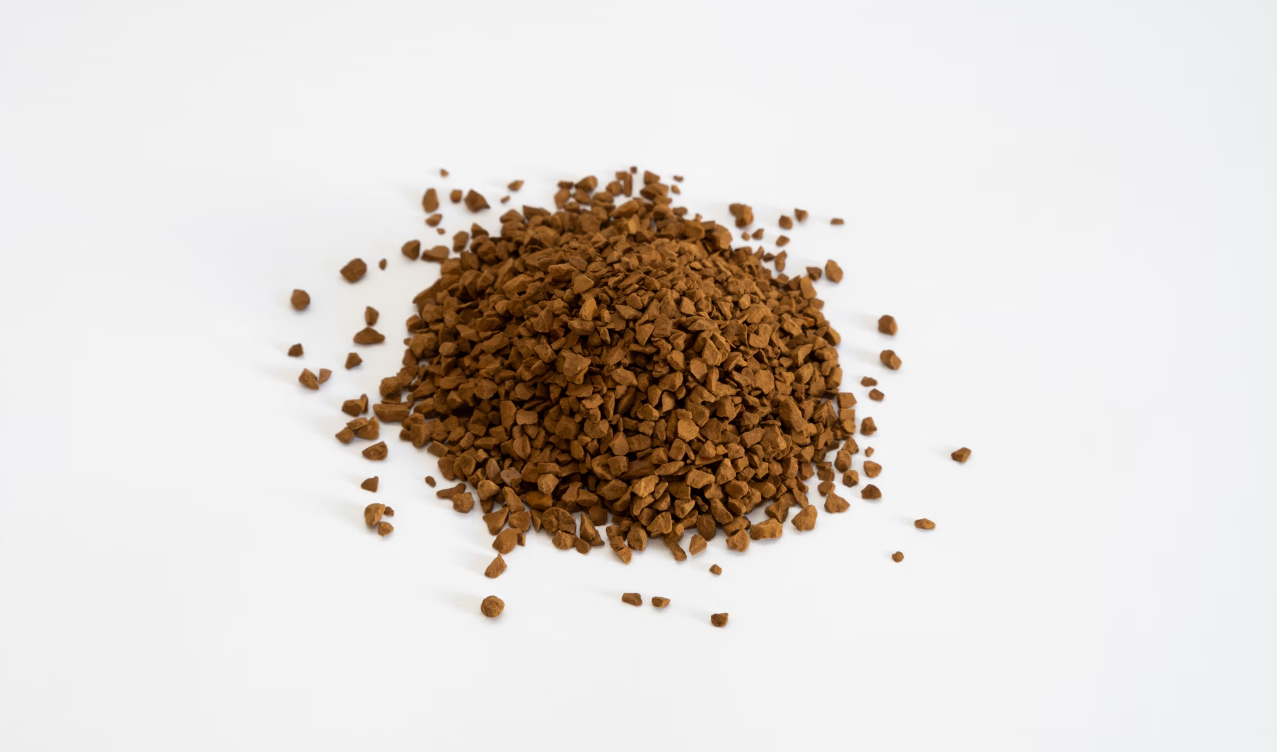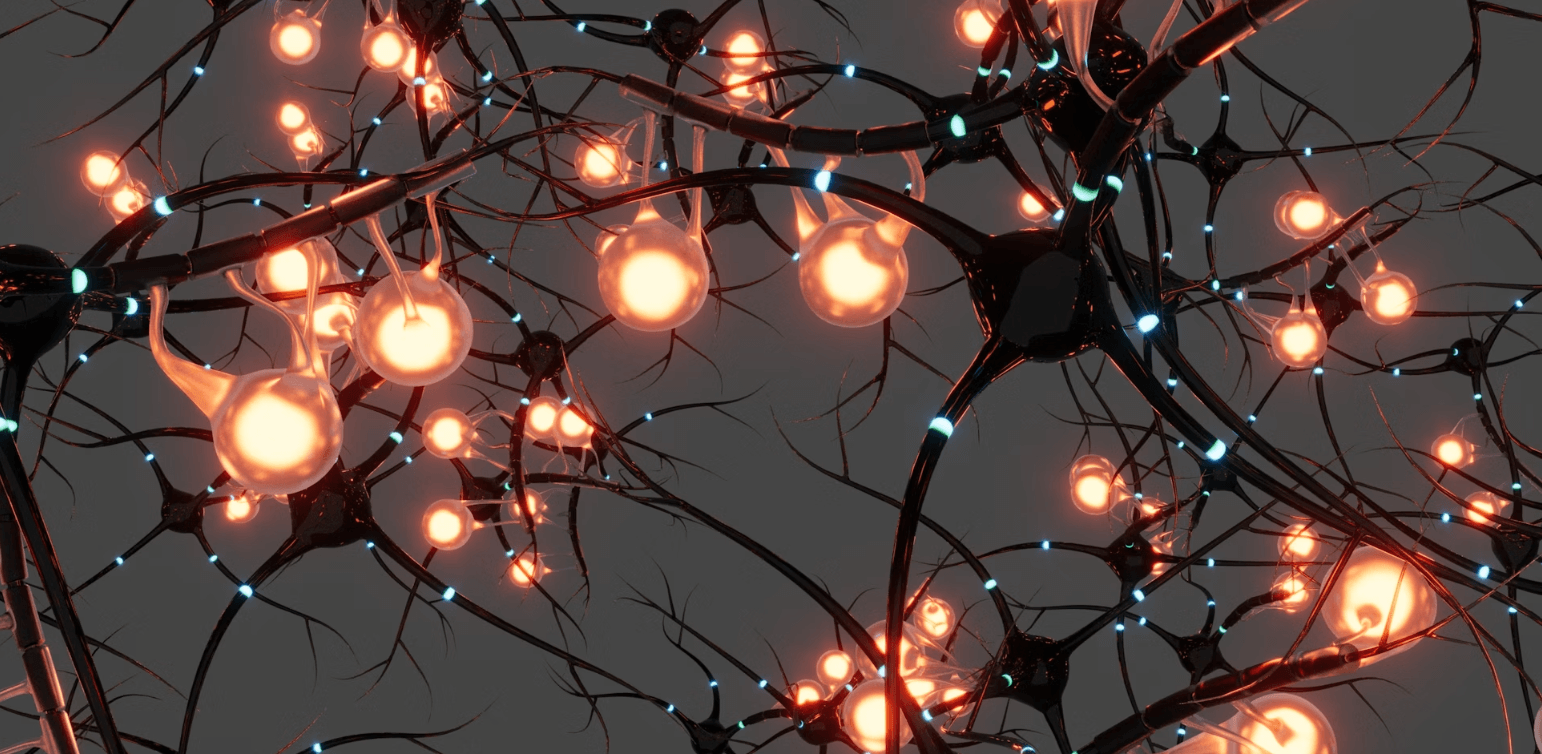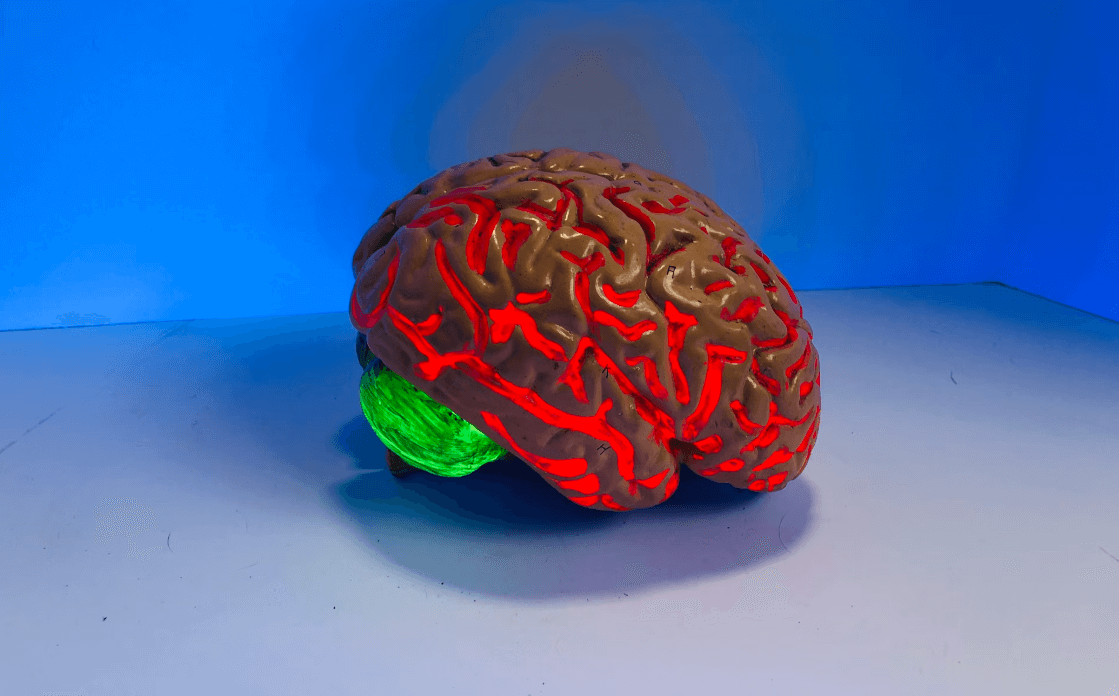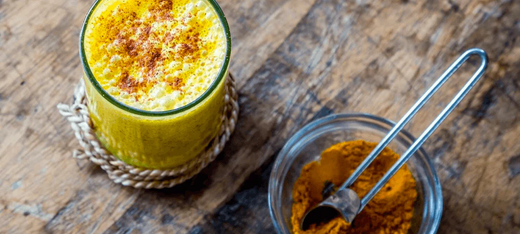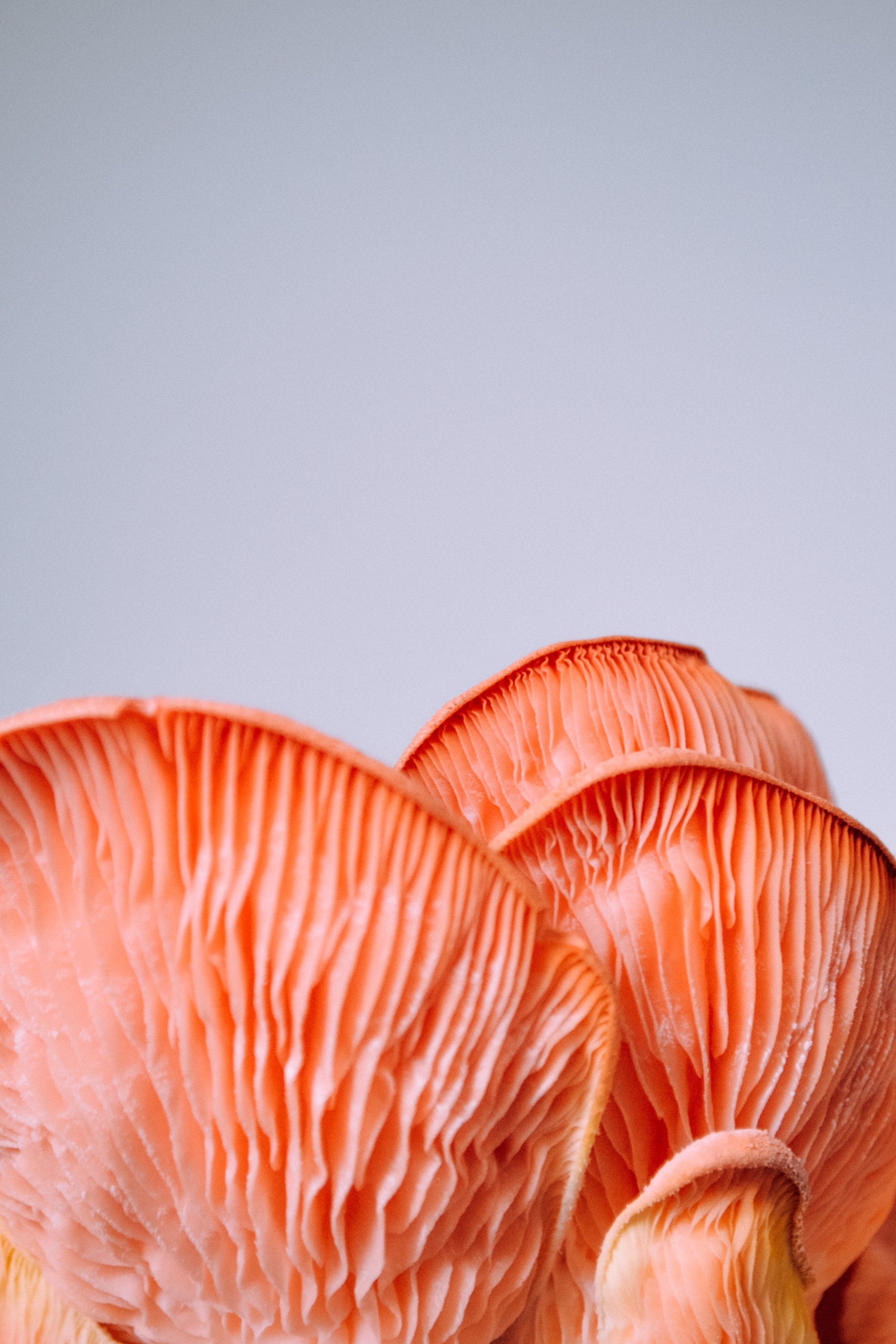Mushroom coffee has grown in popularity as a wellness trend, offering a smoother and balanced alternative to regular coffee. By blending high-quality coffee beans with mushrooms like lion’s mane, chaga, and reishi, it provides energy and focus without the jitters or crashes that you’d normally associate with regular coffee. Lots of people choose mushroom coffee for its adaptogenic benefits which supports immunity, cognitive function, and overall well-being.
For pregnant women, the safety of mushroom coffee has already been explored in our previous post about drinking mushroom coffee during pregnancy, where we discuss its lower caffeine content and potential health benefits. But what about breastfeeding mothers? Is mushroom coffee safe while breastfeeding? While functional mushrooms are widely used in wellness routines, understanding their effects on lactation is important. In this guide, we’ll explore the benefits, considerations, and best practices for enjoying mushroom coffee while nursing.
Is Mushroom Coffee Safe While Breastfeeding?
The safety of drinking mushroom coffee while breastfeeding depends on its ingredients, caffeine content, and the potential effects on milk supply and infant health. While medicinal mushrooms are known for their potential health benefits, research on their safety for breastfeeding mothers is still limited. Some mushrooms, like reishi and chaga, may have immune-modulating or blood-thinning properties, which could impact both the mother and baby.
Another concern is the caffeine content. Some mushroom coffee brands contain just as much caffeine as regular coffee, while others can have significantly less. Since caffeine can pass into breast milk, it’s important for mothers to be mindful of their overall intake. Without clear research on how medicinal mushrooms affect infants, it’s best to be cautious with mushroom coffee while breastfeeding.
Always Seek Medical Advice
When considering any dietary change during breastfeeding, consulting a healthcare provider is always the best approach. Since medicinal mushrooms can interact with medications or have unintended effects, speaking with a doctor or lactation consultant can make things clearer. A healthcare professional can evaluate the ingredients in mushroom coffee and determine if they’re safe for both the mother and baby.
Some mothers may tolerate mushroom coffee rather well, while others may notice changes in their baby’s sleep patterns, digestion, or overall behavior. Keeping track of any reactions in the baby and discussing them with a doctor can help ensure that it doesn’t negatively impact breastfeeding.
Healthier Alternatives To Mushroom Coffee
For mothers looking for a mushroom coffee alternative, there are plenty of great options that provide energy and focus without unknown risks. Herbal teas, golden milk, and chicory root coffee are caffeine-free alternatives that won’t affect your breast milk.
Adaptogenic herbs like ashwagandha and tulsi can also help support stress and energy levels, but these should also be taken under medical supervision if you’re breastfeeding. If the goal is to reduce caffeine intake while still enjoying a rich, coffee-like flavor, dandelion root tea and roasted barley drinks can be healthy alternatives too.
The Connection Between Caffeine And Breastfeeding
Caffeine is one of the most commonly consumed substances worldwide. But while caffeine is generally considered safe in moderation, it does pass into breast milk, and newborns metabolize it much slower than adults. This means that drinking coffee while breastfeeding could affect an infant’s system and may lead to irritability, poor sleep, or fussiness.
Moderate caffeine consumption (about 300 mg per day) is unlikely to harm a breastfeeding infant. This is about two to three cups of regular coffee per day. However, individual tolerances can vary and some babies may be more sensitive to even small amounts of caffeine.
It’s worth mentioning that caffeine content is fairly consistent whether it’s medium roast mushroom coffee or a darker roast, so you can choose based on your personal taste preferences as long as you inspect the caffeine content.
How Caffeine Impacts Your Baby?
Since infants have an immature liver and nervous system, meaning that caffeine takes longer to clear from their bodies and could potentially affect a baby’s mood and sleep patterns. Signs that a baby may be sensitive to caffeine include increased fussiness, difficulty settling down, and shorter sleep cycles.
For mothers who notice these symptoms, reducing caffeine intake or switching to a mushroom coffee alternative may be the better choice. Monitoring your baby’s behavior after consuming caffeine can also help you get a better understanding of their caffeine tolerance. Tracking daily caffeine intake is important as it’s found in many different drinks.
Better Beverage Options For Breastfeeding Mothers
If traditional coffee or mushroom coffee side effects are a concern, there are plenty of healthy alternatives such as:
● Decaffeinated coffee
● Chicory root coffee
● Golden milk
● Herbal teas
● Homemade energy drinks
Since certain medicinal mushrooms could have unknown effects on breastfed infants, it’s a good idea to be cautious when drinking mushroom coffee if you’re breastfeeding. Mothers should always consult a healthcare provider before making significant dietary changes, especially when considering mushroom coffee side effects.

